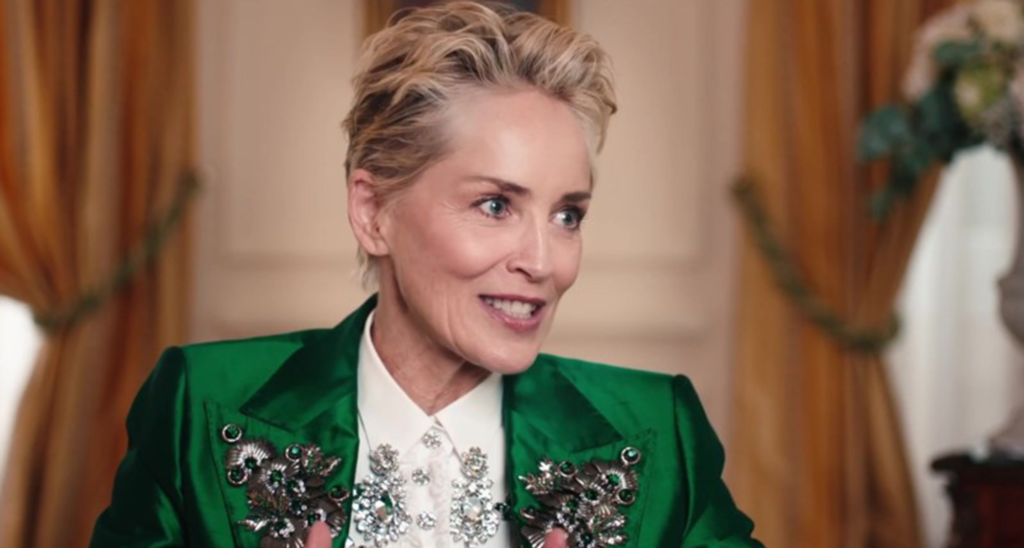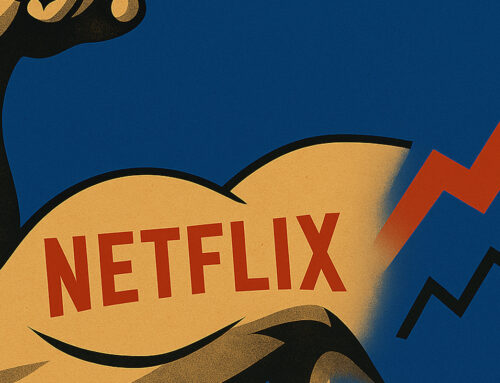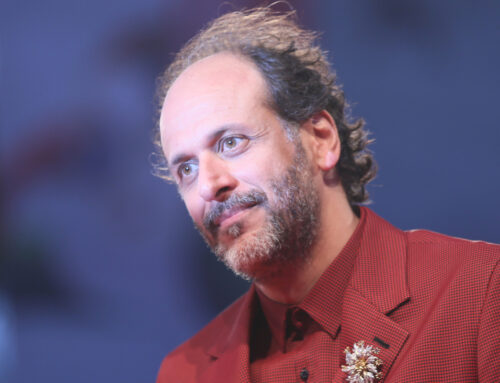Disney Bought Fox Four Years Ago, Was It a Mistake?
Some analysts blame the deal for the recent 7000 jobs cut.
In 2019, Disney bought Rupert Murdoch’s TV and movie studio, Fox, for 71.3-billion dollars. The deal brought to Disney valuable properties such as Avatar and The Simpsons but significantly increased the Burbank company’s debt load. After almost four years, it is time to evaluate if the operation was worth it. Los Angeles Times does it in an article by Mag James: “The hangover from the Fox deal has come into sharp focus this month in light of Disney Chief Executive Bob Iger’s dramatic plan to cut costs by $5.5 billion, including eliminating 7,000 jobs. It is among the most significant reductions in the history of the entertainment company, which cut thousands of employees following the Fox deal,” writes James. “Buying Murdoch’s studios undoubtedly allowed Disney to scoop up valuable franchises, including television’s longest-running scripted show, The Simpsons, as well as film juggernaut Avatar, giving Disney a slice of the $2.2 billion in global box office receipts from Avatar: The Way of Water. Disney also picked up the original Star Wars film as well as X-Men, Fantastic Four, and Deadpool, allowing those characters to join Disney’s Marvel Cinematic Universe. The National Geographic and FX cable channels and proven TV industry leaders also came with the deal. But some critics on Wall Street argue that the acquisition and integration into Disney distracted the Burbank entertainment giant from its core mission of creating high-quality family entertainment.”
The Los Angeles Times writer retraces the history of the deal: “At the time, Wall Street was high on the future of streaming companies. Iger and Murdoch had initially agreed on a $52.4-billion all-stock deal for Fox, which several observers said would have been a coup for Disney. But Iger found himself dragged into a bidding war by Comcast Chief Executive Brian Roberts. To clinch the deal, Disney ultimately agreed to pay $71.3 billion, plus nearly $14 billion in Fox debt, according to company documents. Then, a year after the Fox deal closed, Disney was ravaged by the global pandemic — theme parks, movie theaters, and sports attractions were shuttered — and it was forced to take on even more debt. As of last quarter, Disney’s debt stood at $45 billion.”
The article quotes several analysts. Cowen & Co. media analyst Doug Creutz blames the Fox deal for Disney’s current troubles: “Even without Fox, Disney would still be struggling with linear channels and figuring out how to make streaming profitable,” said Creutz. “But they’d be in a much better position, financially, without all of this debt sitting on their balance sheet. And they would not have needed as big of a reorganization.” On the contrary, Yale School of Management senior associate dean Jeffrey Sonnenfeld called the Fox deal brilliant: “Was it a high cost? Yes, but you don’t judge an investment as a business expense but rather against the return on the investment,” he said.
Source: Los Angeles Times
Share:
Some analysts blame the deal for the recent 7000 jobs cut.
In 2019, Disney bought Rupert Murdoch’s TV and movie studio, Fox, for 71.3-billion dollars. The deal brought to Disney valuable properties such as Avatar and The Simpsons but significantly increased the Burbank company’s debt load. After almost four years, it is time to evaluate if the operation was worth it. Los Angeles Times does it in an article by Mag James: “The hangover from the Fox deal has come into sharp focus this month in light of Disney Chief Executive Bob Iger’s dramatic plan to cut costs by $5.5 billion, including eliminating 7,000 jobs. It is among the most significant reductions in the history of the entertainment company, which cut thousands of employees following the Fox deal,” writes James. “Buying Murdoch’s studios undoubtedly allowed Disney to scoop up valuable franchises, including television’s longest-running scripted show, The Simpsons, as well as film juggernaut Avatar, giving Disney a slice of the $2.2 billion in global box office receipts from Avatar: The Way of Water. Disney also picked up the original Star Wars film as well as X-Men, Fantastic Four, and Deadpool, allowing those characters to join Disney’s Marvel Cinematic Universe. The National Geographic and FX cable channels and proven TV industry leaders also came with the deal. But some critics on Wall Street argue that the acquisition and integration into Disney distracted the Burbank entertainment giant from its core mission of creating high-quality family entertainment.”
The Los Angeles Times writer retraces the history of the deal: “At the time, Wall Street was high on the future of streaming companies. Iger and Murdoch had initially agreed on a $52.4-billion all-stock deal for Fox, which several observers said would have been a coup for Disney. But Iger found himself dragged into a bidding war by Comcast Chief Executive Brian Roberts. To clinch the deal, Disney ultimately agreed to pay $71.3 billion, plus nearly $14 billion in Fox debt, according to company documents. Then, a year after the Fox deal closed, Disney was ravaged by the global pandemic — theme parks, movie theaters, and sports attractions were shuttered — and it was forced to take on even more debt. As of last quarter, Disney’s debt stood at $45 billion.”
The article quotes several analysts. Cowen & Co. media analyst Doug Creutz blames the Fox deal for Disney’s current troubles: “Even without Fox, Disney would still be struggling with linear channels and figuring out how to make streaming profitable,” said Creutz. “But they’d be in a much better position, financially, without all of this debt sitting on their balance sheet. And they would not have needed as big of a reorganization.” On the contrary, Yale School of Management senior associate dean Jeffrey Sonnenfeld called the Fox deal brilliant: “Was it a high cost? Yes, but you don’t judge an investment as a business expense but rather against the return on the investment,” he said.
Source: Los Angeles Times









